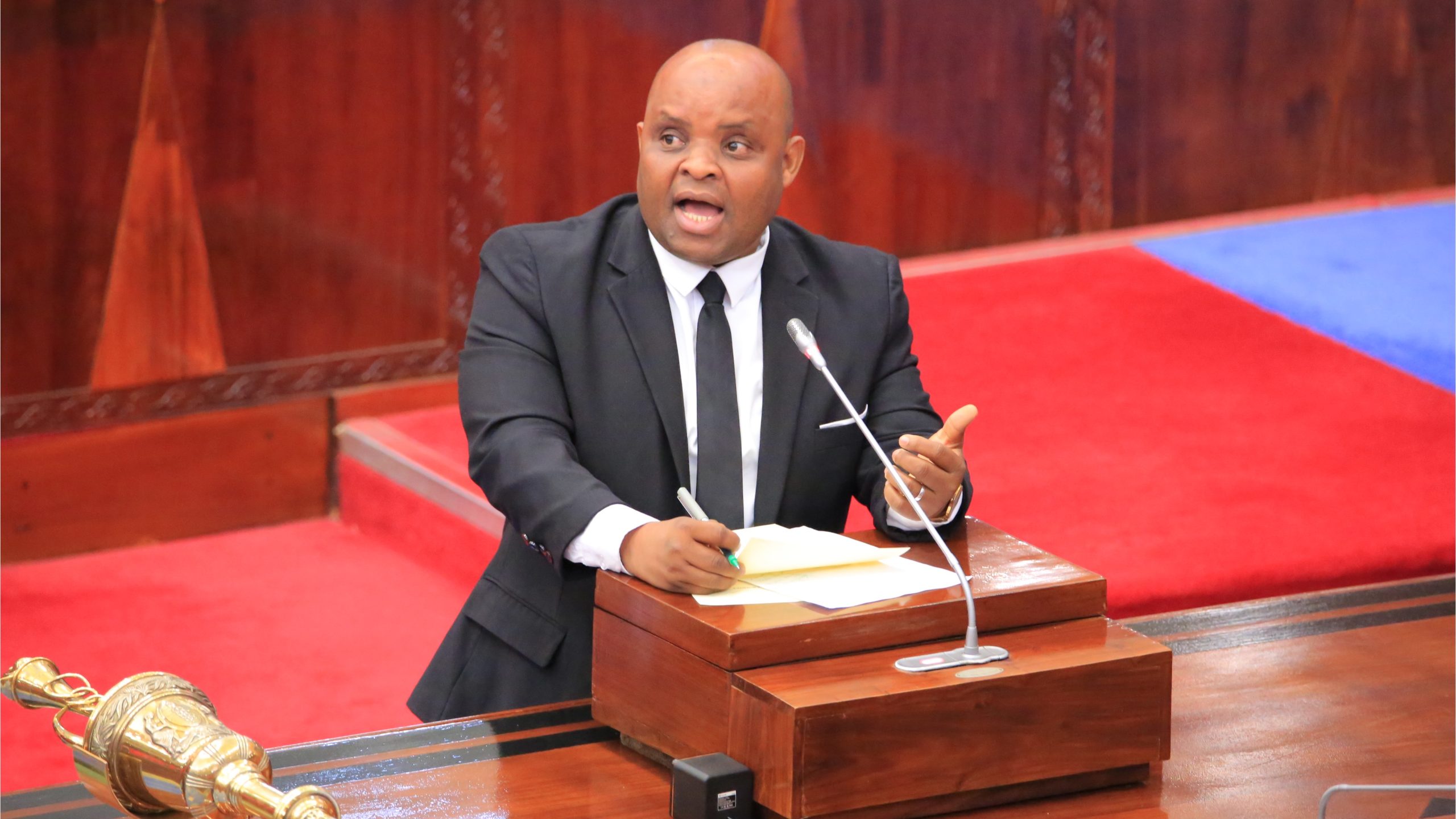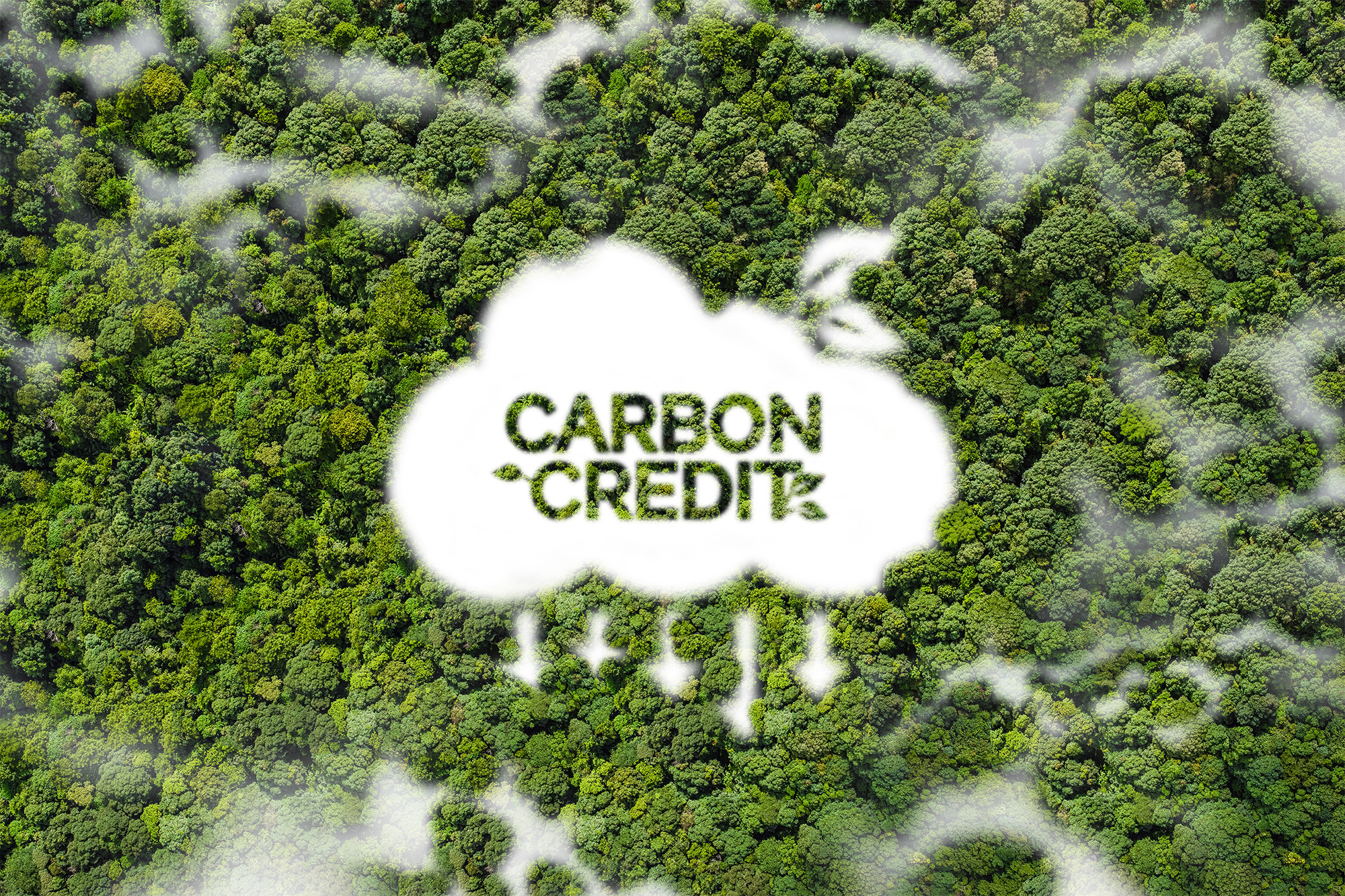Five major carbon credit programs, crucial players in the global effort to mitigate climate change, have received preliminary approval from the Integrity Council for Voluntary Carbon Markets (ICVCM). This move is part of the ICVCM’s mission to elevate standards within the carbon offset market, a space where notable purchasers include industry giants like Microsoft, Salesforce, and Amazon.
Among the approved programs are Verra and Architecture for REDD+ Transactions (ART), which have met the stringent criteria outlined in the ICVCM’s Core-Carbon Principles rule book. Verra and ART are esteemed entities in the realm of carbon offsetting, known for their contributions to reducing greenhouse gas emissions and fostering sustainable practices worldwide.
This validation from the ICVCM signifies not only the credibility but also the effectiveness of these carbon credit programs in facilitating genuine emission reductions. As the urgency to combat climate change intensifies, such endorsements play a pivotal role in bolstering confidence among stakeholders and encouraging further investment in environmentally responsible initiatives.
Allowing companies to buy credits from projects that lock carbon away, such as mangrove restoration, and use them to offset their emissions is seen as an important way to help developing countries protect the environment.
But growth has been held back by challenges including concerns over the origination, credibility and efficacy of certain credits, and the claims made about buying them.
ICVCM, which is backed by Bezos Earth Fund and Children’s Investment Fund Foundation, is working to address these.
Pedro Barata, co-chair of the expert panel for ICVCM told Reuters that its standards make a compelling case that companies can invest in “high quality” carbon credits, without needing to worry about accusations of so-called greenwashing.
Adding Verra and ART to ICVCM’s approved list, which includes ACR, CAR and Gold Standard, means its governance and transparency standards now cover programmes which have a 98% share of the market, based on carbon credits retired in 2023.
It marks the first step in a process that will see Core Carbon Principle-labelled credits issued in the market and comes as part of efforts to scale-up the voluntary market for buying and selling carbon offsets by setting rules for what high quality credits and appropriate offsetting activities look like.
ICVCM’s next step is its ongoing assessment of the different methodologies carbon crediting programmes use to produce credits which range from afforestation to cooking stoves.
It is working through 100 such methodologies and expects to announce its first decisions in June.
(Reporting by Virginia Furness; Editing by Alexander Smith)



